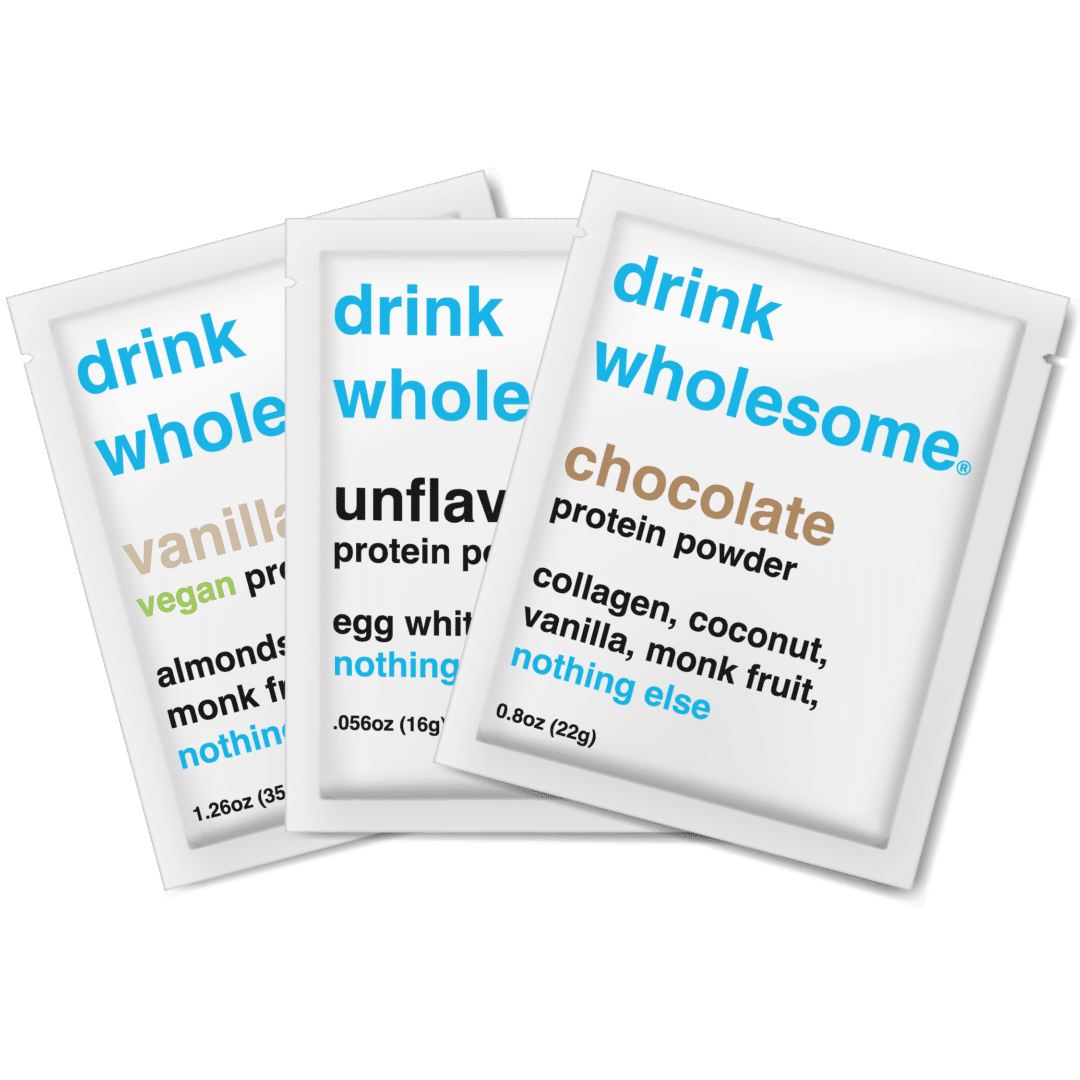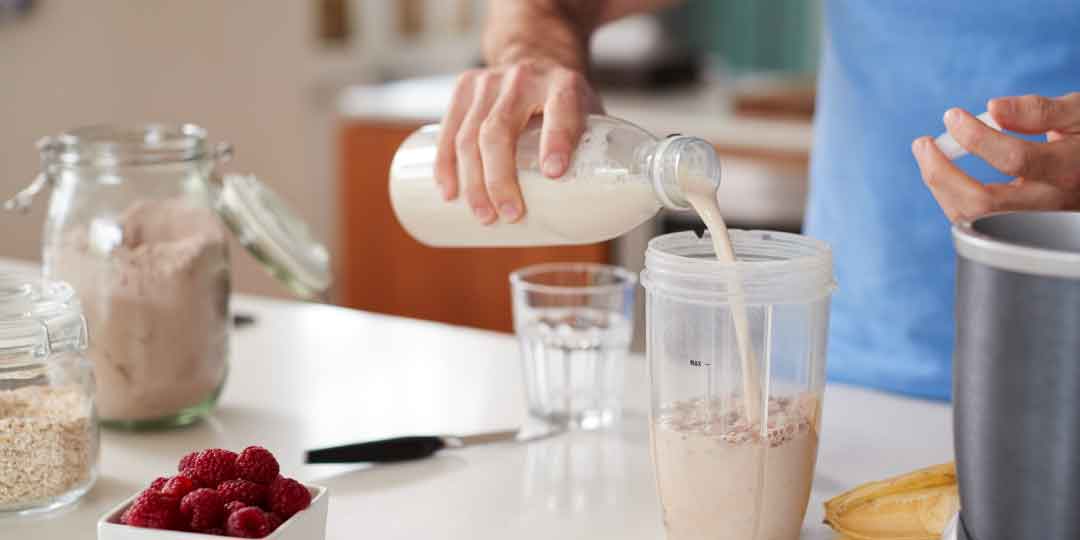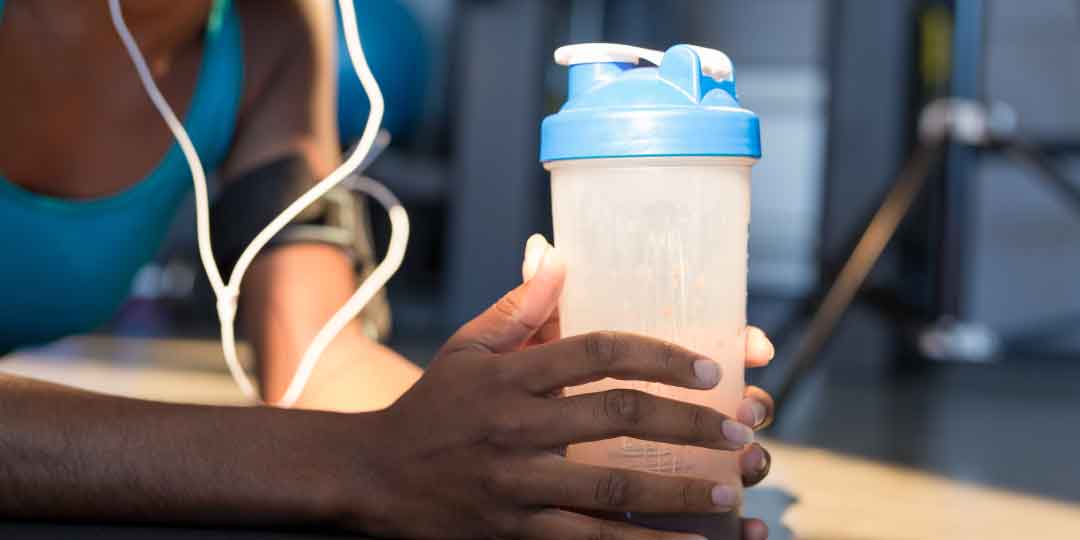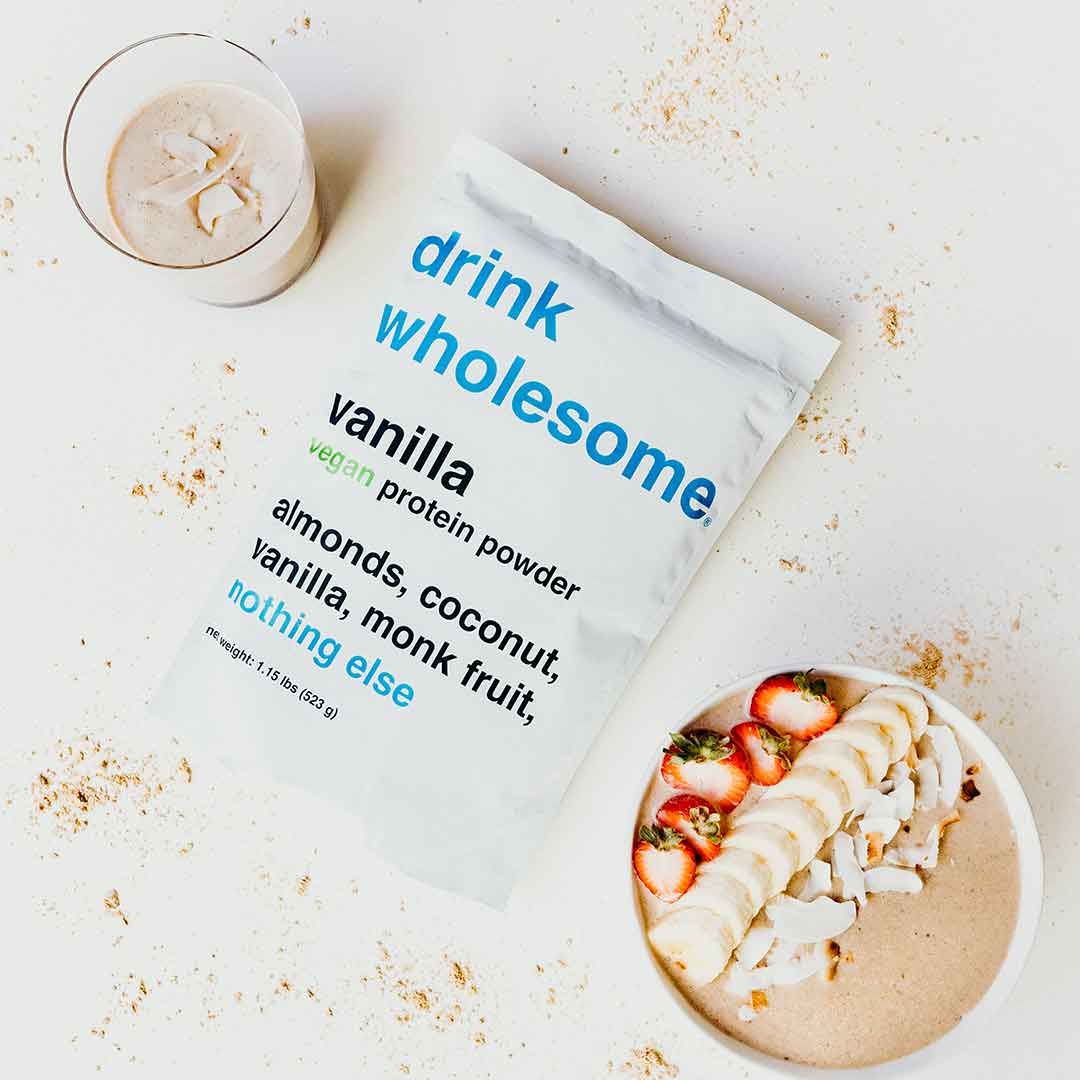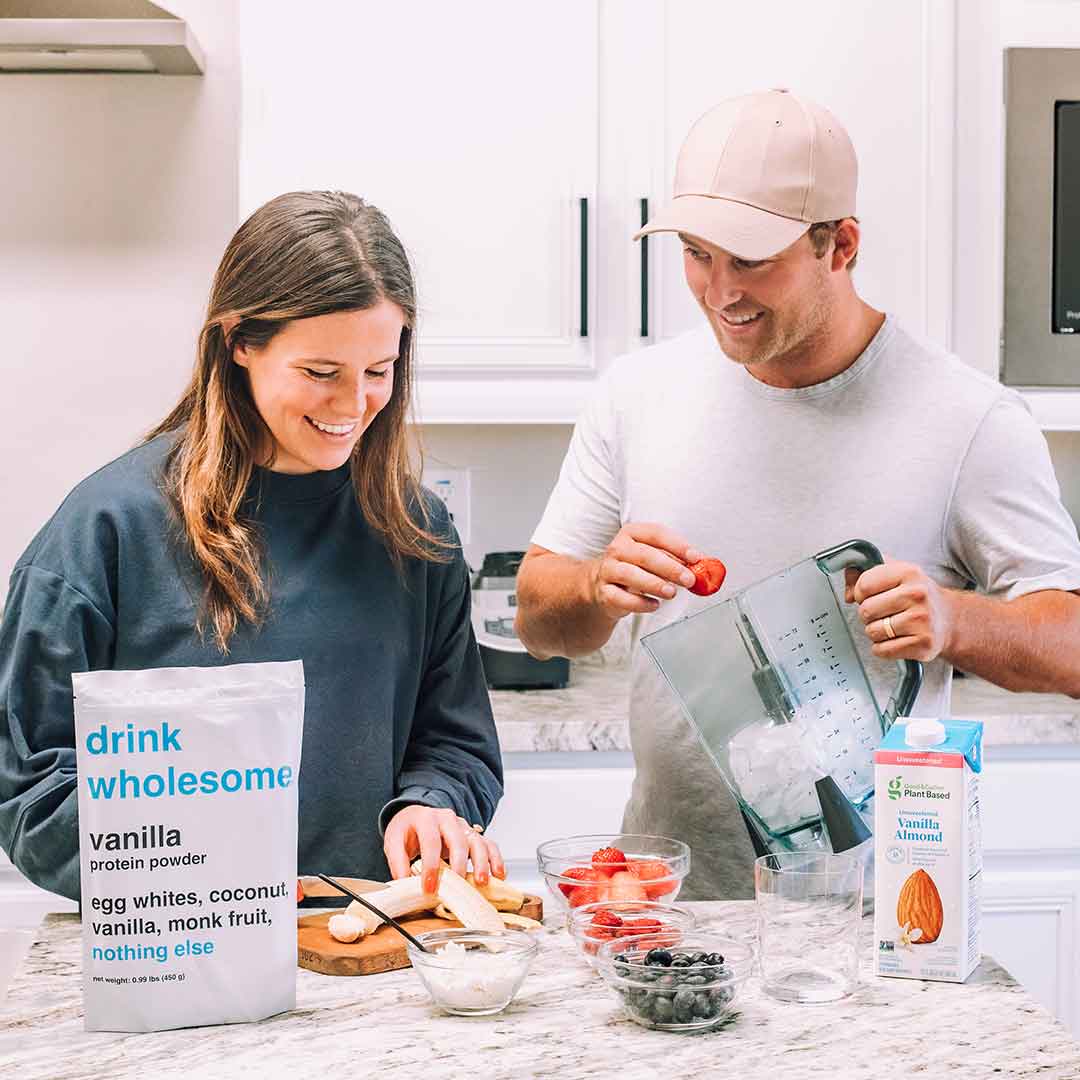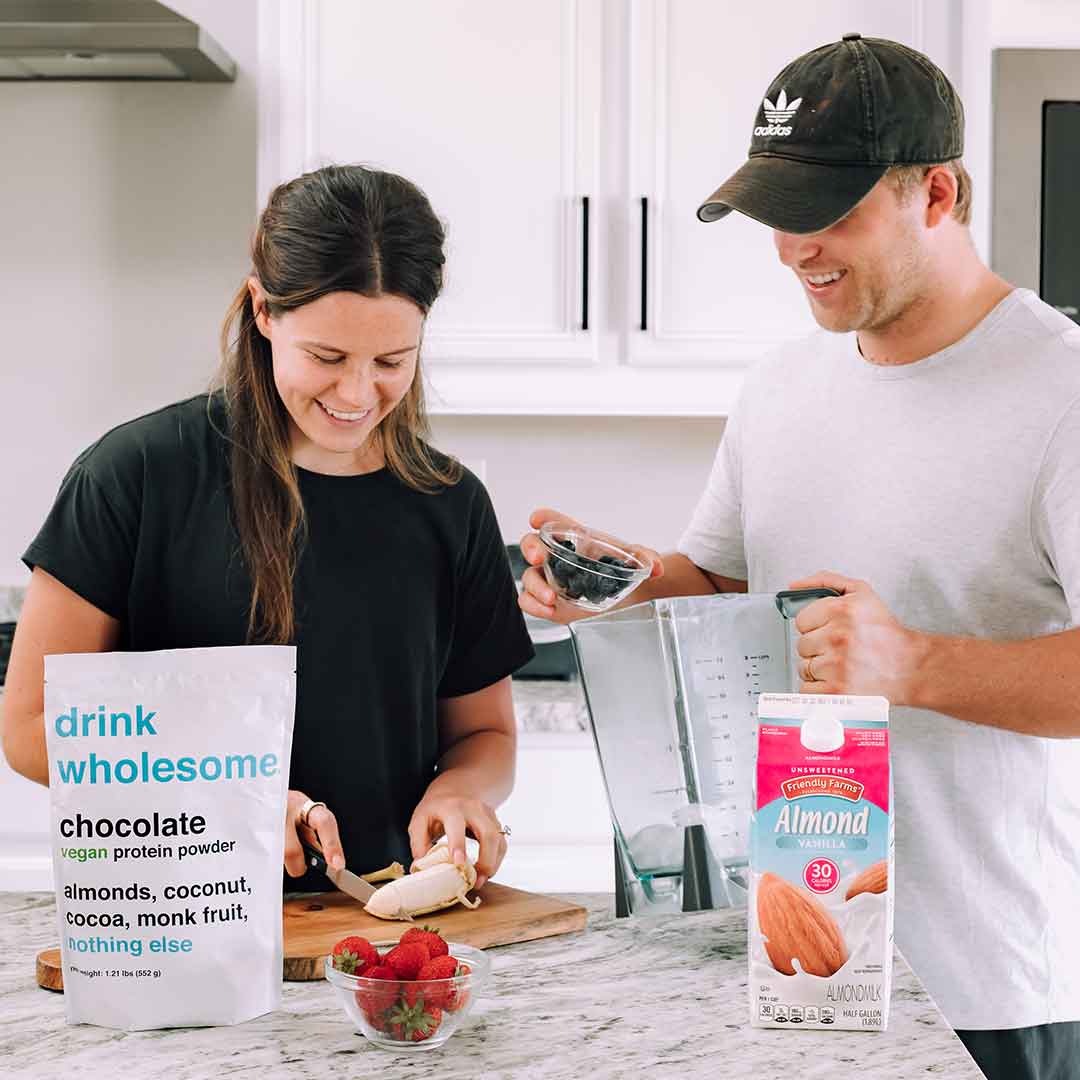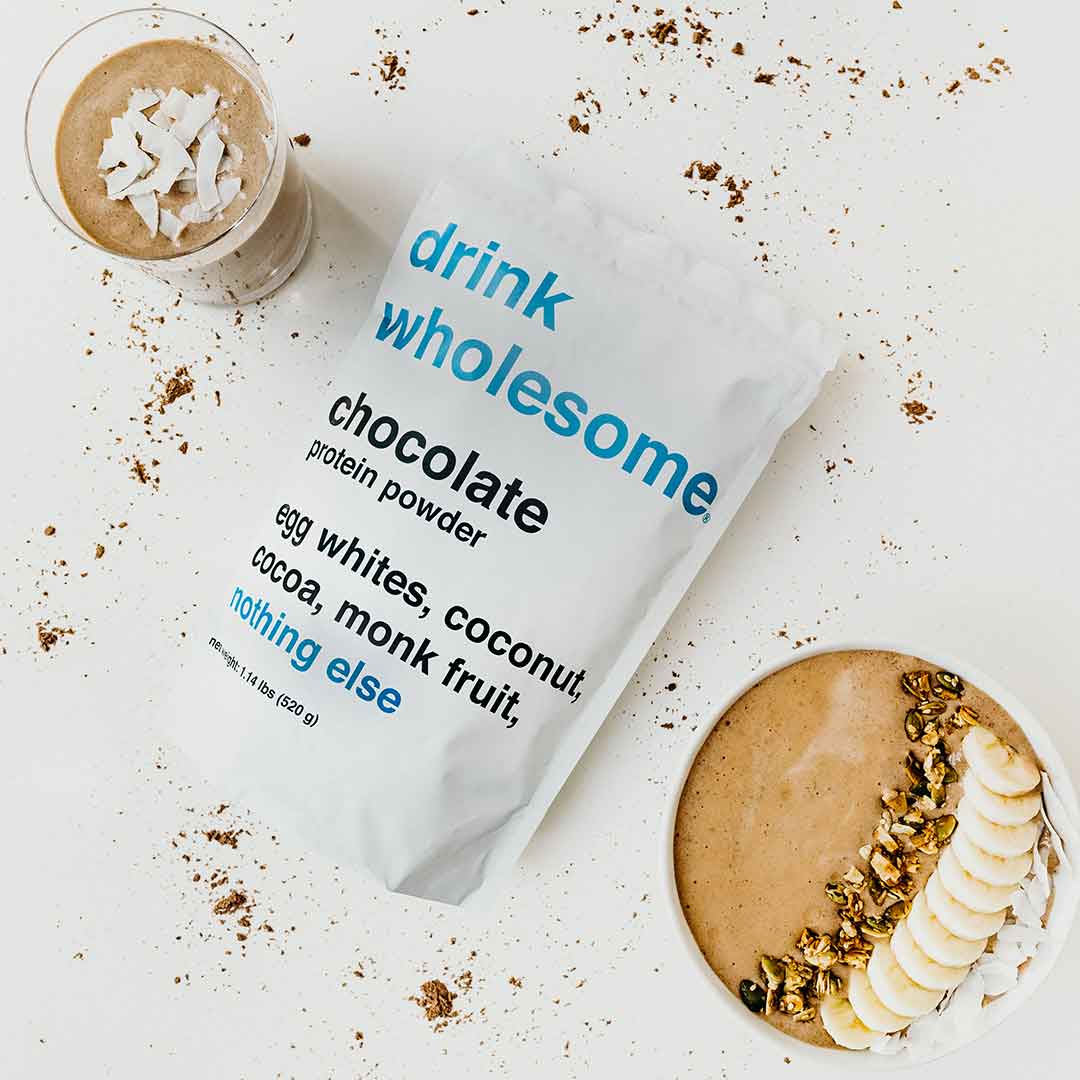Why my protein shake makes me nauseous?
Protein supplements can cause a number of gastrointestinal (GI) side effects, including nausea, for a number of reasons. Here are a few of the most common.
Food additives can cause nausea.
First of all, there are two types of protein shake: ready-to-drink (store-bought) protein shakes, and protein shakes made with protein powder. Nearly every ready-to drink protein shake, and most protein powders, contain food additives. Here I am talking about ingredients like emulsifiers, stabilizers, thickeners, and flavors.
Food additives cause nausea because they look nothing like real food. Basically, your gut has a hard time digesting ingredients that do not look like real food. These ingredients therefore linger in your digestive tract which causes one of two things to happen: either your gut absorbs extra water, causing diarrhea, or you feed your gut bacteria, which release gas. Gas, in turn, causes bloating, stomach pain, and feelings of nausea. It can also cause constipation as it slows colonic transit (the amount of time it takes food to travel through the colon).
Here is a list of the most common food additives in protein powder:
acacia gum, acesulfame potassium, artificial flavors, aspartame, carrageenan, cellulose gum, dextrin, dextrose, erythritol, gellan gum, guar gum, gum arabic, inulin, locust bean gum, “natural” flavors, maltodextrin, rice syrup solids, soy lecithin, silica, sucralose, sunflower lecithin, xanthan gum, xylitol
Sweeteners can cause nausea.
Artificial sweeteners, sugar alcohols, and stevia are added to many protein supplements to make them sweet, and are popular because of their intense sweetness – a pinch can be used to achieve the same amount of sweetness as several tablespoons of sugar. This intense sweetness is also why they can make people feel sick. Essentially, it is easy to overdo it, and many protein shakes and powders are thus way too sweet. These types of sweeteners also activate bitter taste receptors in addition to sweet taste receptions, which can make you gag.


